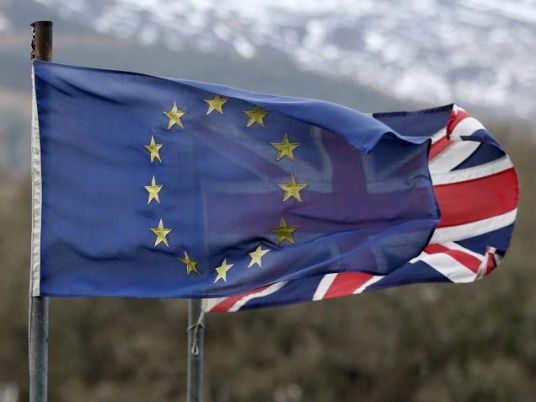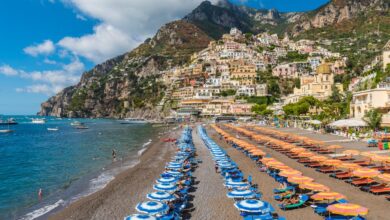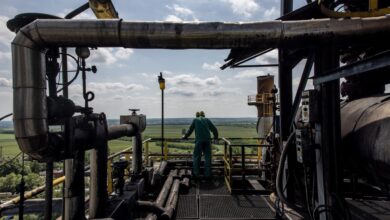
The European Union's founders believed its unity would be forged in crisis, but after Brexit and the election of Donald Trump to the White House the bloc looks shakier than ever.
On Sunday, foreign ministers from the 28 EU countries will hold talks in Brussels on the impact of a president who has previously questioned the decades-old transatlantic pact to defend the continent.
With populists on the rise, Russia posing an increasingly menacing presence to the east, the migration crisis and the endless fallout from the eurozone debt crash, many fear perpetual turmoil.
EU President Donald Tusk said on Wednesday that the events of 2016 were a "warning sign for all those who believe in liberal democracy", and urged Europe to "finally get our act together".
But Trump's election has made it harder to regroup, given that Europe — while trying to stay pragmatic in dealing with Washington — has no idea what to really expect from the billionaire.
And European Commission chief Jean-Claude Juncker is worried that a lot of time could be wasted teaching Trump about Europe.
"Mr. Trump, during his campaign, said that Belgium was a village somewhere in Europe," Juncker told students in Luxembourg on Friday.
"We must teach the president-elect what Europe is and how it works," he said. "I believe we'll have two years of wasted time while Mr Trump tours a world he doesn't know."
'Leadership blow'
Soul-searching has been the order of the day in Brussels ever since the body-blow of Britain's vote in June to become the first country to leave the EU in its 60-year history.
Tusk warned at the time that the "Western political civilisation" that has kept Europe at peace since World War II was now at risk.
That "civilisation" has seen both sides of the Atlantic broadly sharing the same commitment to the free market and liberal democracy, with America propping up Europe's defences.
Until now. Trump's campaign threats to abandon the collective defense pledge that is the bedrock of the NATO military alliance was a major shock for Europe.
Juncker also warned that Trump's campaign rhetoric displayed huge ideological differences with Europe. He noted the businessman-turned-reality TV star had "taken a view of refugees and non-white Americans that does not reflect European convictions and feelings."
Both Germany's Angela Merkel and France's Francois Hollande have called on Trump to uphold democratic values in a sign of Europe's concerns.
Trump's apparent closeness to Russia will also be ringing alarm bells in Europe as it debates whether to keep up sanctions over the Ukraine crisis and looks for solutions to the conflict in Syria.
"The post-Second World War global leadership role of Western liberal democracy was already challenged" said Fabian Zuleeg of the European Policy Centre think-tank, "but a Trump administration will increase US isolationist tendencies, which is a further blow to this leadership role."
'Plenty more shocks'
Rattled European leaders have issued calls, after both Brexit and the Trump win, for Europe to seize its own destiny and tackle what they have dubbed a "polycrisis".
Trump and Brexit are at least being seen in some quarters as an opportunity to boost EU unity, with the bloc's foreign policy chief Federica Mogherini saying it can be a "superpower" for peace.
Officials insist the bloc is more resilient than it is given credit for — reflecting what the EU's founding father Jean Monnet wrote in his memoirs that "Europe will be forged in crises."
But so far, the EU's main response has been its time-honoured one: A call for more meetings. Analysts say that is not enough.
"Europeans are muddling through," Judy Dempsey of the Carnegie Europe think-tank told a seminar this week. "One wonders how many wake-up calls the Europeans actually need to do something."
The timing is increasingly urgent. France holds presidential elections next year and far-right leader Marine Le Pen's chances of pulling off a Trump-like coup are suddenly being taken more seriously.
Far-right parties are also hoping for a boost in polls in the Netherlands and Austria, while Germany's Merkel, who has increasingly taken the role of the EU's moral anchor, is up for re-election.
Brexiteer-in-chief Nigel Farage exults over what many others fear.
"Don't think that the democratic revolution is over," he tweeted. "There are plenty more shocks to come. 2017 may surprise us as much as 2016."




